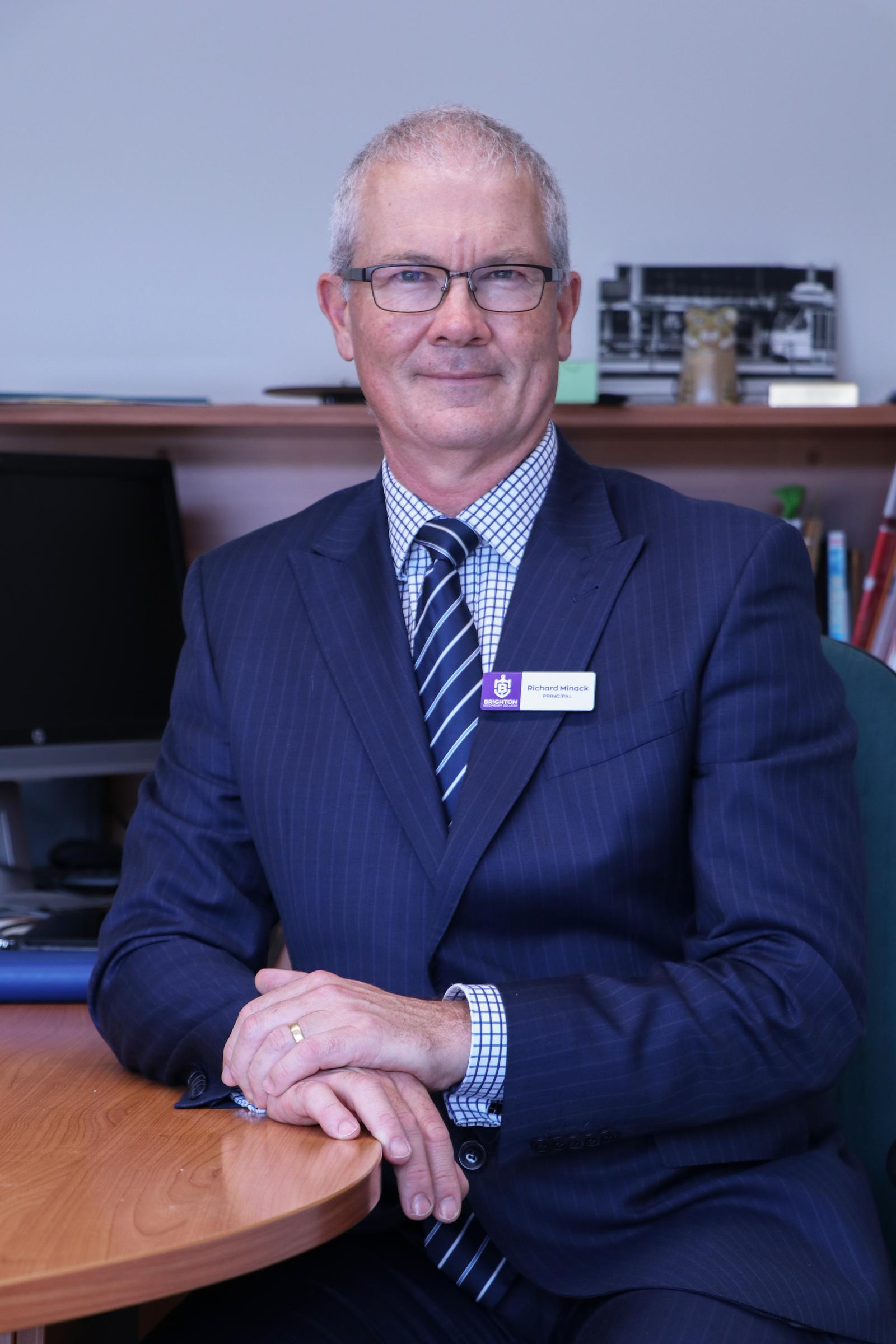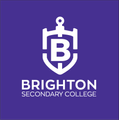PRINCIPAL'S REPORT

From the Principal
Dear Parent/Guardians, Students and Friends,
In the next month or so, students will receive subject reports, or for those completing Unit 3/4 studies, study scores. These reports will lead you, naturally, to think about the learning paths students have been on this year, and for those students continuing in 2020, what it might be like in the next.
I wanted to share some things we know about learning that might help you understand, reflect on, and refine how students approach learning.
- All students can learn. It is our responsibility to find the level of knowledge and skill development each child is at, and structure learning activities that take them to the next level. Natural variation, and other factors in the lives of students, mean that it is normal for students to be at different stages of learning even though they might be similar ages.
- Learning is complex. This means that just remembering information is no longer enough to be a successful learner. Students need to practise analysing, comparing, evaluating and synthesising information to be successful. These complex skills require routine practice both in and out of school.
- Learning is demanding. Brains use a lot of energy, and dealing with new learning hurdles can also be emotionally and psychologically challenging. Things like good nutrition, sleep habits, and self-care are very important to support learning.
- Learning is the outcome of a process. When thinking about reports, try to think about the processes that led to those particular results. If the results were not as you expected, think about what processes might be worth changing or developing in the future. Our process reports give information about what these things are.
- Learning is driven by dispositions. Many students have the technical capacity to complete many aspects of learning, but sometimes chose not to do so. A good example of this is that all of our students can read, but not all students are “readers,” that is, are inclined to read from internal drives. It’s worth thinking about the learning dispositions that are desirable for your child to possess to promote effective learning, and think of ways to develop them. Examples of this might be recognising and rewarding persistence, curiosity, resilience, reflection and self-direction.
- Learning is a product of a partnership. Students, parent/guardians, and teachers have to work together to create learning. Because feedback drives many learning processes, I urge parents/guardians to take the time to have a daily conversation with your child about school and what they are doing, feeling and thinking. This will give parents/guardians insight into any challenges students might be experiencing, and allow the school to work with families to support students through them.
I hope this information is helpful. The Department of Education and Training also has some good information for parents/guardians to assist them in supporting student learning. It can be found at:
https://www.education.vic.gov.au/parents/Pages/default.aspx
Yours sincerely,
Richard Minack
Principal
